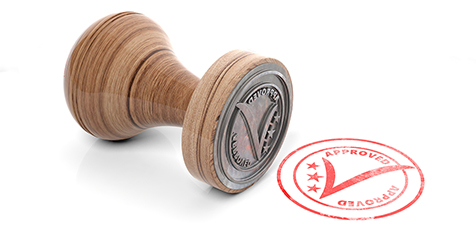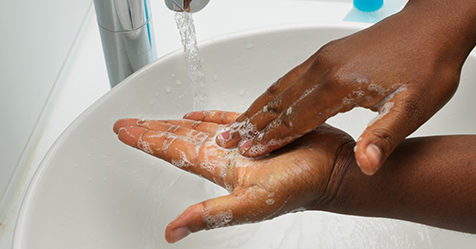You can learn a lot about cleaning operations from the facility managers of sports and entertainment venues—from the way they leverage hygiene management to enhance the fan experience to how they drive their sustainability practices. However, the most powerful aspect of their cleaning approach is the way in which they think ahead, always looking and pushing for optimizations even during the off season.
Cleaning and maintenance professionals can take away the following three tips from stadium facility managers.
1. Stay laser-focused on your goal
Delivering high-quality hygiene management has as much to do with having a clear picture of your ultimate goal as heavily focusing on the details. Long lines for restrooms and high-traffic areas that are dirty or disorganized can put a serious damper on gameday. For fans, these inconveniences take precious time away from the game and can lead them to feel like they haven’t gotten a good value for their ticket—making them more likely to leave a negative review and less likely to come back. In an industry that thrives on having as many excited fans in the stadium as possible, easing up on hygiene protocol is a risk facility managers can’t afford to take.
Facility managers can adjust hygiene operations to provide a better on-site experience for all. For example, high-capacity dispensers are key in moving fans in and out of restrooms quickly and enabling efficiency among cleaning staff. Easy-to-fill, high-capacity dispensers can serve more guests between each refill and reduce soap and paper towel runouts, giving valuable time back to cleaning staff.
Paper towels can serve multiple purposes, helping hygiene-conscious guests avoid touching faucets and door handles. They can speed up the flow of foot traffic in restrooms, since waiting in line to dry one’s hands takes longer than grabbing a paper towel.
2. Assemble the cleaning dream team
Teaming up with a hygiene partner that knows the ins and outs of high-traffic facilities is a winning strategy, as there are many relevant lessons to apply across industry sectors. For instance, manufacturing plants deal with high-traffic moments during shift changes, just like stadiums encounter during halftime. Finding a vendor with experience in managing cleaning operations for multiple business sectors and facility types is critical to achieving organizational success.
Having a smart, strategic team to manage hygiene and overall facility operations is even more important for a venue that deals with fluctuating capacity. For example, a multi-purpose venue like the Philadelphia Union soccer club may host a men’s major league soccer match one day, and a women’s minor league match or a youth game the next.
3. Consider how hygiene can help meet sustainability targets
While facilities usually look to improve operational sustainability through energy efficiency and supply chain streamlining, hygiene is a surprising area that can have a big impact on reducing waste. People are becoming increasingly likely to put their time and money toward experiences that align with their values, with 78% of U.S. consumers saying a sustainable lifestyle is important to them, according to 2023 research from McKinsey and NielsenIQ. Prioritizing sustainability is not only vital for stadiums’ retention of fans, players and staff; it can also play a key role in boosting operational efficiency and cost savings.
Technology such as one-at-a-time dispensing can serve more guests per dispenser while decreasing waste. This is particularly relevant for sports facilities’ foodservice areas, where one-at-a-time napkin dispensers can help minimize the number of unused napkins that are thrown away.
In addition, implementing biodegradable hand soap in facility restrooms can lessen negative impacts on local aquatic life, while reducing the amount of water needed for handwashing. From foodservice to restrooms and other areas, there are several ways to incorporate sustainable practices throughout the facility that provide a great on-site experience for fans, players, and staff while protecting the planet.
Score in efficiency and sustainability
While keeping a facility of any size clean and ready for guests every day can at times feel more difficult than winning a world championship, it doesn’t have to be. Sports stadiums offer many key lessons for organizations in any industry on how to effectively manage capacity, enhance cleaning staff efficiency, and hit sustainability targets by reducing waste. It’s more important than ever for facilities to have a strategic hygiene game plan to drive superior on-site experiences and ultimately, better business performance.




